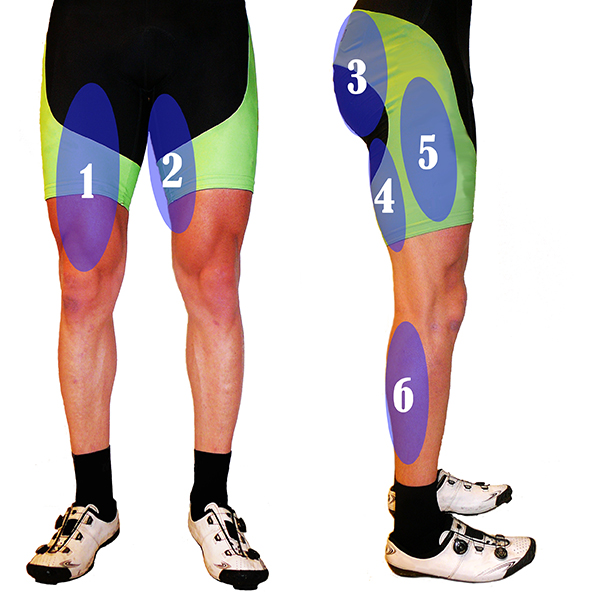Vascular problem
An avid cyclist, triathlete and/or ice speed skater often wants to exercise as intensively as possible. Pain and suffering seem to be part of that. However, pain is not always normal; There can also be several physical causes. A sports-related vascular problem is one of these causes.
About one in five professional cyclists, triathletes and speed skaters will eventually develop a sports-related vascular problem during their sports career. This causes pain in one or both legs during exercise. Not only professional athletes, but also recreational athletes can develop such a vascular problem.
Recognizing and determining a vascular problem is difficult and is only possible with specialized tests. Athletes, physiotherapists and general practitioners often do not immediately think of a vascular problem as the cause of the leg complaints. As a result, athletes with a vascular problem often go a long way to a correct diagnosis and treatment. They undergo many unnecessary tests and treatments that have no or limited effect.
Click here for more information about sport-related vascular problems.
Information about the self-check

With this self-check, you as an athlete can estimate the chance that a vascular problem is the cause of your leg complaints.
On the basis of this, you will receive specific advice from which healthcare provider can best examine/treat your complaints. Completing this self-check takes about 3 minutes. The data will be treated confidentially.
Sport-related vascular problem self-check-form
Disclaimer:
"This e-consultation has been prepared with the greatest possible care on the basis of the information you have provided. However, it is never replace a visit to a sports doctor with, among other things, a complete history and physical examination.The diagnosis that is made and the advice that is given are therefore not binding."
"Every consultation with a doctor is bound by professional secrecy according to the guidelines of the KNMG, including the personal data entered from 'the self-check'. Disclosure to third parties of the information provided without the consent of the care recipient is therefore not permitted."

 English (United Kingdom)
English (United Kingdom)  Nederlands (nl-NL)
Nederlands (nl-NL)